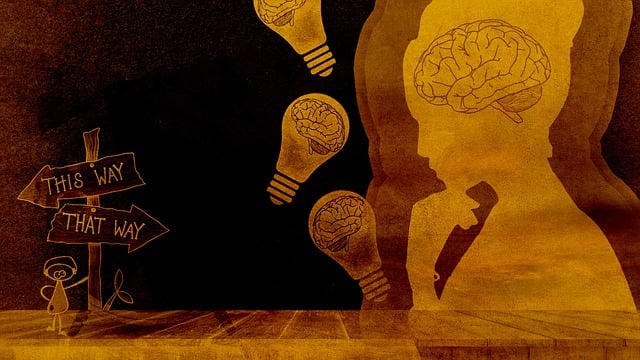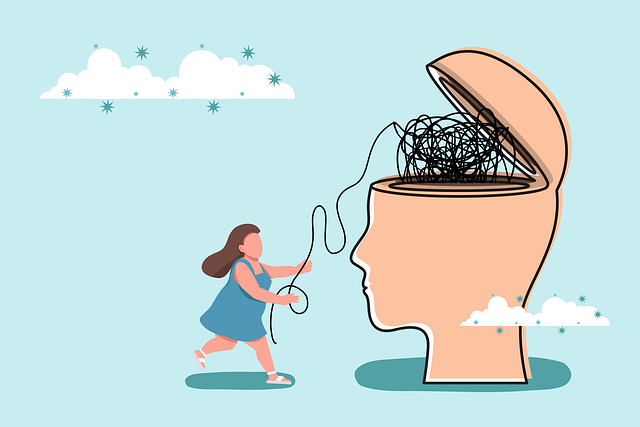Assessing the needs of Colorado Springs Sexual Abuse Survivor Therapy (CSASAT) requires a sensitive, comprehensive approach that considers survivors' unique challenges. Goals should focus on enhancing access to specialized services, fostering emotional intelligence through group therapy, and promoting cultural competency training for healthcare providers. A targeted program design, addressing stigma and fear, creates safe spaces for healing, empowering survivors to access CSASAT and trauma support services. Evidence-based techniques like CBT and EMDR promote inner strength, resilience, and trauma healing, while social skills training fosters healthier relationships, ultimately enhancing well-being.
In Colorado Springs, sexual abuse survivors require specialized mental health education programs tailored to their unique needs. This article explores the comprehensive design of such programs, focusing on assessing and addressing specific goals for survivors. We delve into evidence-based curriculum design, emphasizing trauma-informed approaches and interactive strategies. Additionally, it highlights community engagement as a critical component for long-term recovery, showcasing how local partnerships can enhance support systems post-program completion, specifically catering to Colorado Springs sexual abuse survivor therapy needs.
- Assessing Needs and Goals for Colorado Springs Sexual Abuse Survivor Therapy
- – Identifying target audience and their specific mental health needs related to sexual abuse
- – Setting realistic program goals aligned with evidence-based practices
Assessing Needs and Goals for Colorado Springs Sexual Abuse Survivor Therapy

Assessing the needs of Colorado Springs Sexual Abuse Survivor Therapy (CSASAT) requires a nuanced understanding of the unique challenges faced by this demographic. The first step involves gathering feedback from survivors, healthcare providers, and community organizations to identify gaps in current support systems. Many survivors may struggle with self-awareness exercises due to the sensitive nature of their experiences, so tailored interventions are crucial.
CSASAT’s goals should focus on enhancing access to specialized services, fostering emotional intelligence through group therapy sessions, and promoting cultural competency training for healthcare providers. By addressing these aspects, the program can ensure that survivors receive holistic care that respects their diverse backgrounds and needs. This targeted approach is essential in creating a safe and supportive environment for healing.
– Identifying target audience and their specific mental health needs related to sexual abuse

In designing a mental health education program focused on sexual abuse survivors in Colorado Springs, it’s imperative to pinpoint the specific needs and challenges faced by this unique demographic. Survivors often grapple with complex emotional trauma, requiring tailored interventions that address their individual experiences. By understanding the cultural nuances and barriers they may face, such as stigma or fear of recrimination, programs can offer safe spaces for healing. The goal is to foster an environment where survivors feel empowered to seek Colorado Springs Sexual Abuse Survivor Therapy and access Trauma Support Services.
Program developers should consider incorporating culturally sensitive training for healthcare providers, enhancing their cultural competency to better serve this population. Additionally, integrating evidence-based emotional well-being promotion techniques can equip survivors with tools to manage their mental health journeys effectively. Such an approach ensures that the program meets the unique needs of sexual abuse survivors while promoting healing and recovery in a supportive setting.
– Setting realistic program goals aligned with evidence-based practices

In designing a mental health education program, particularly tailored for Colorado Springs Sexual Abuse Survivor Therapy, it’s paramount to set clear and realistic goals that are grounded in evidence-based practices. These goals should focus on empowering survivors with inner strength development, fostering resilience, and promoting healing from trauma. By aligning the program with established therapeutic techniques, such as cognitive behavioral therapy (CBT) and eye movement desensitization and reprocessing (EMDR), participants can expect to gain practical tools for managing their mental health effectively.
Realistic goals also encompass addressing specific challenges faced by sexual abuse survivors, including burnout prevention strategies for healthcare providers who support them. Incorporating social skills training within the program can enhance coping mechanisms and facilitate healthier relationships. Ultimately, these measures aim to create a comprehensive and supportive environment that nurtures personal growth and enhances the overall well-being of those seeking therapy in Colorado Springs.
The design of an effective mental health education program for Colorado Springs Sexual Abuse Survivor Therapy begins with a deep understanding of the target audience’s unique needs. By identifying these individuals and their specific mental health challenges related to sexual abuse, we can tailor evidence-based practices to set realistic and impactful goals. Through this strategic approach, we aim to provide transformative support, empowering survivors to heal and thrive in Colorado Springs.














